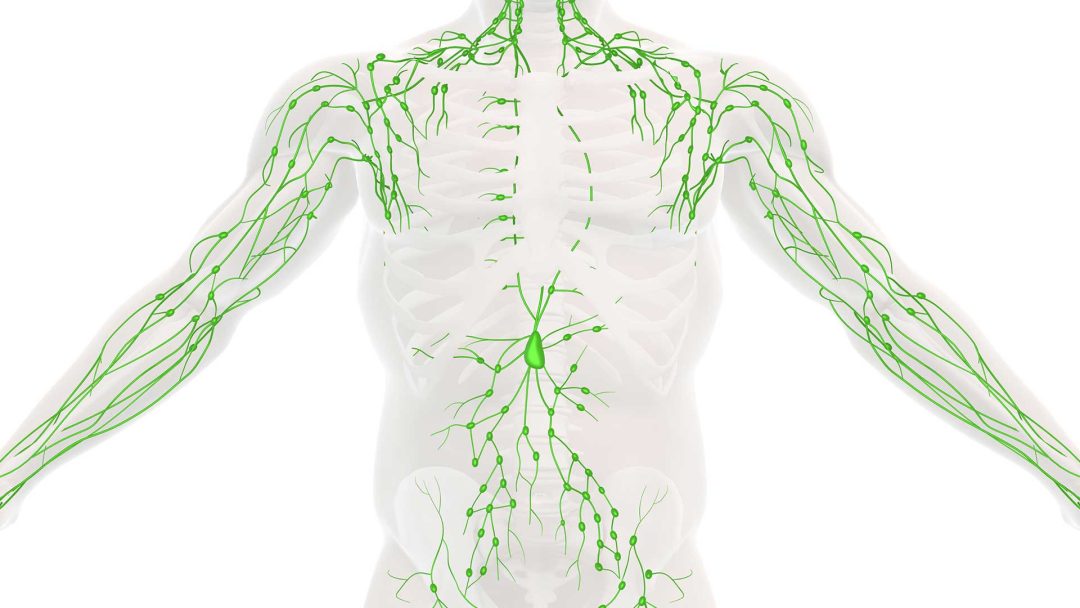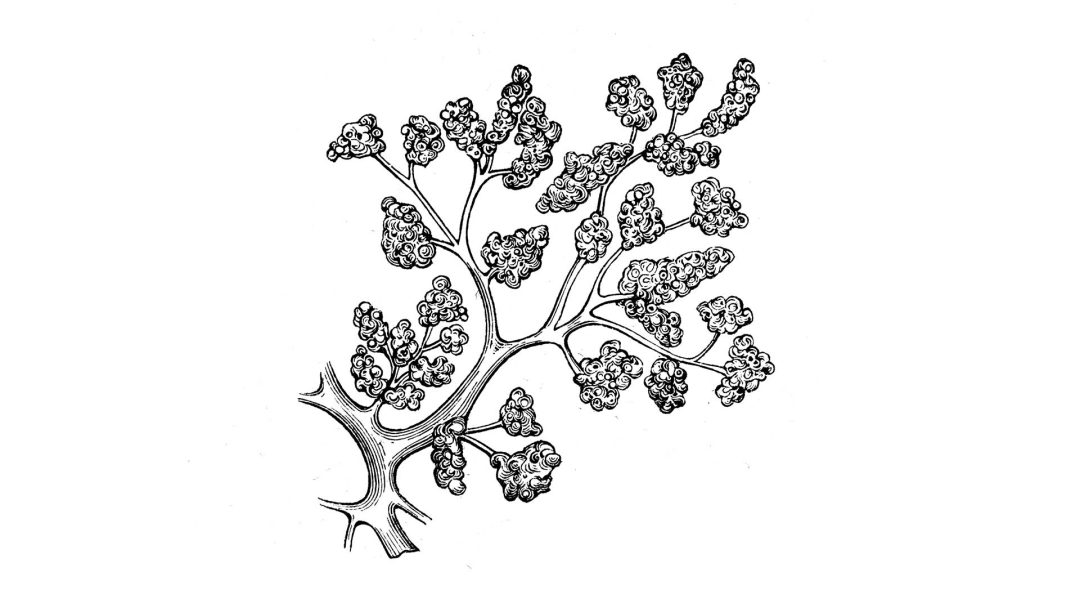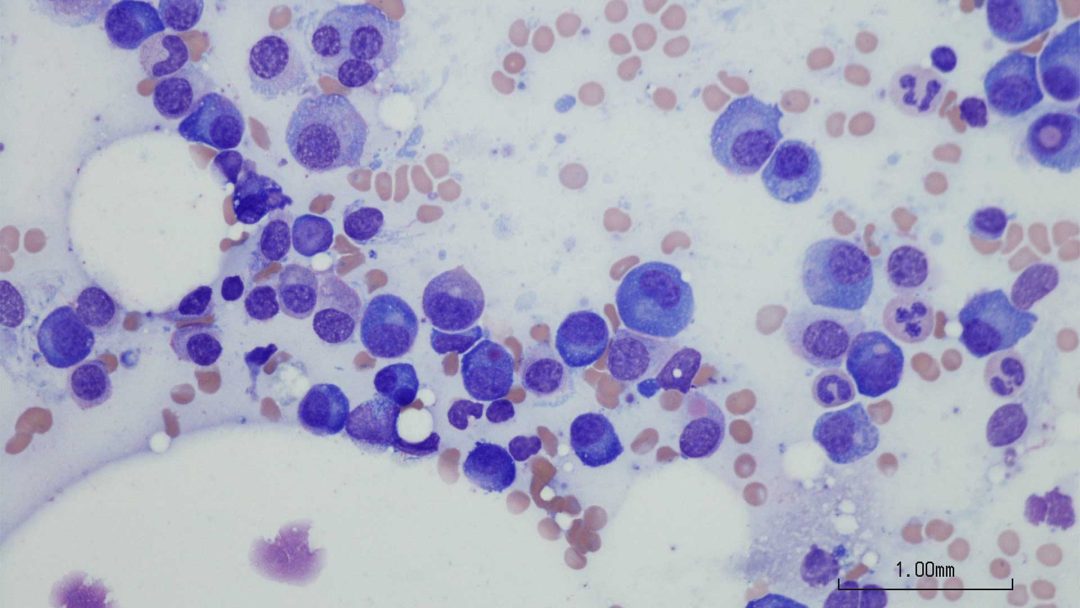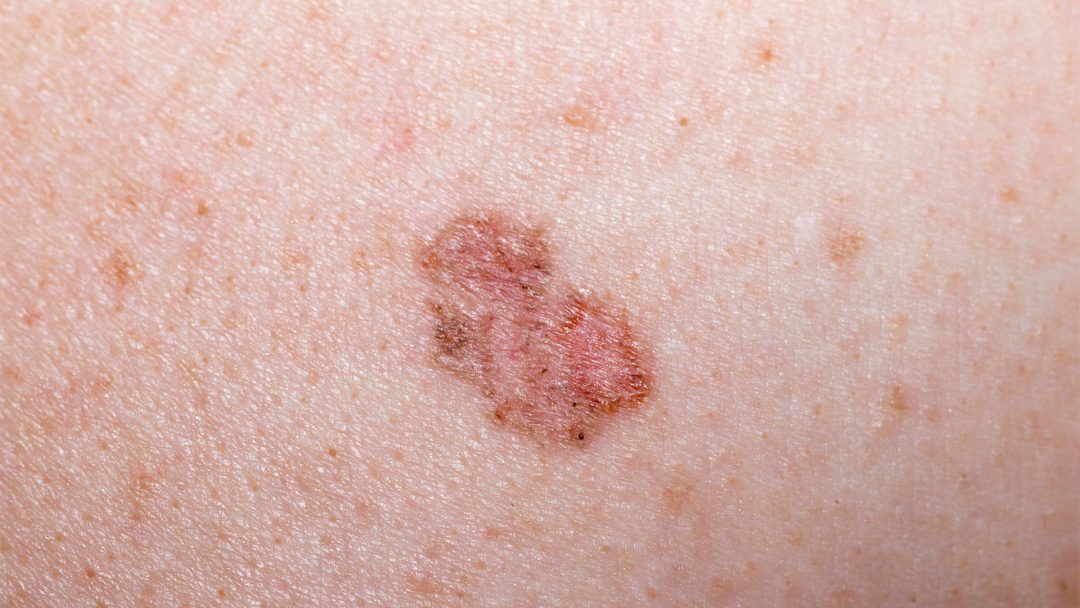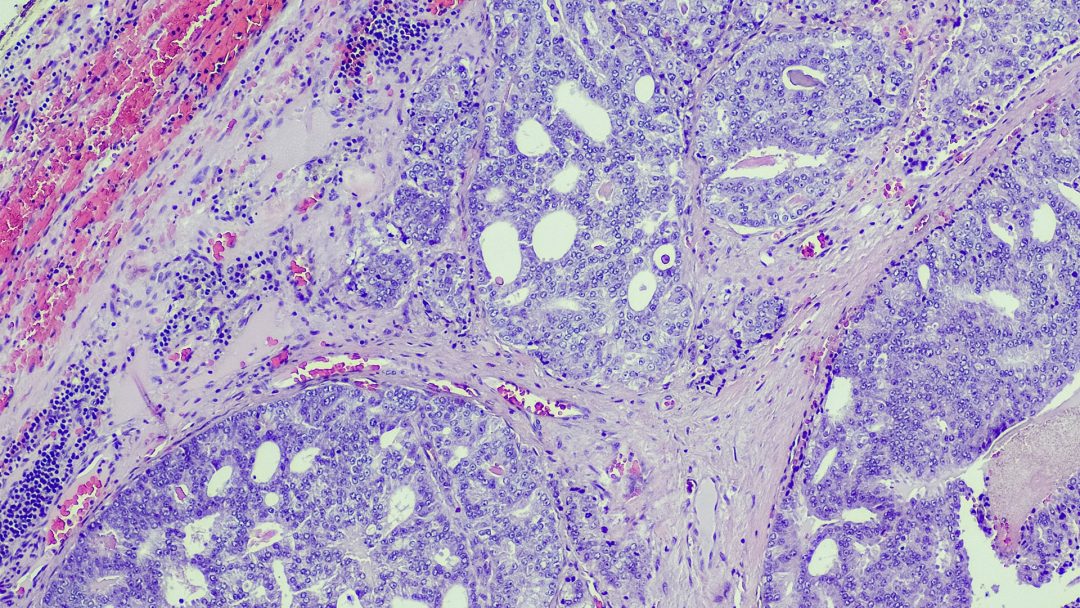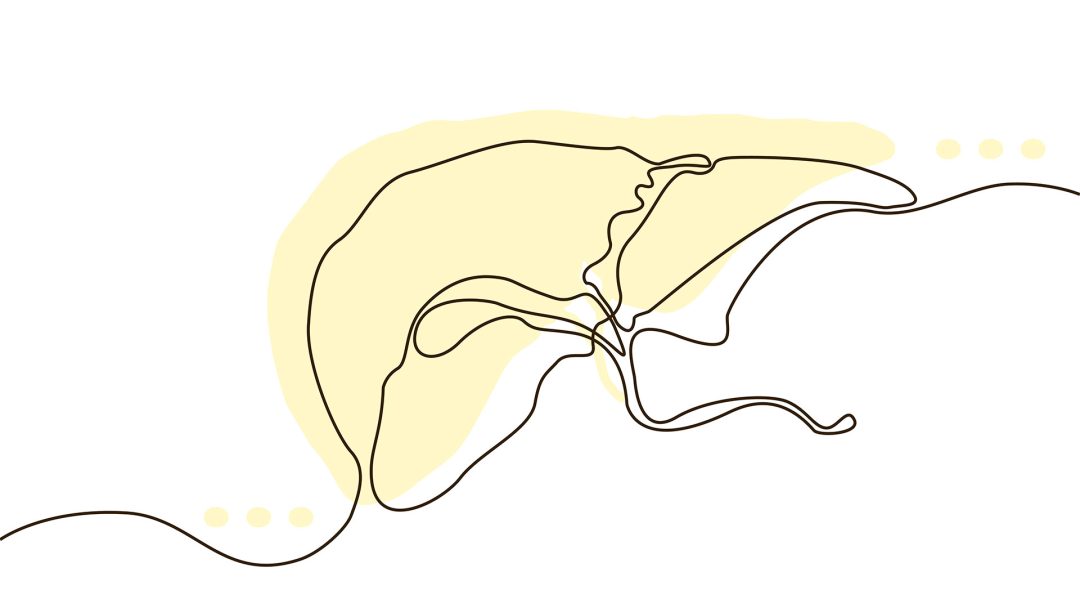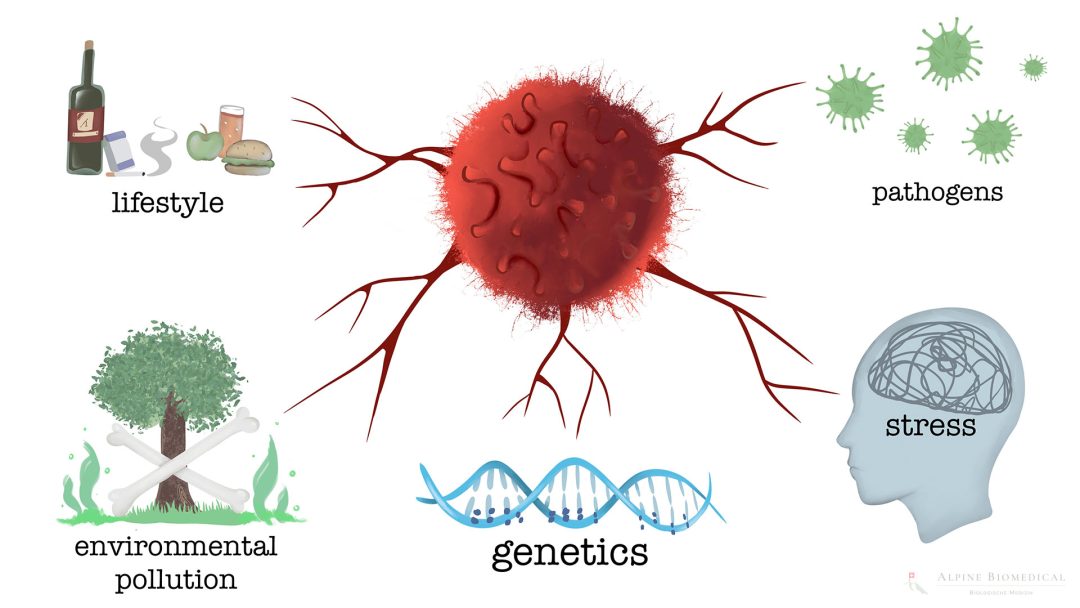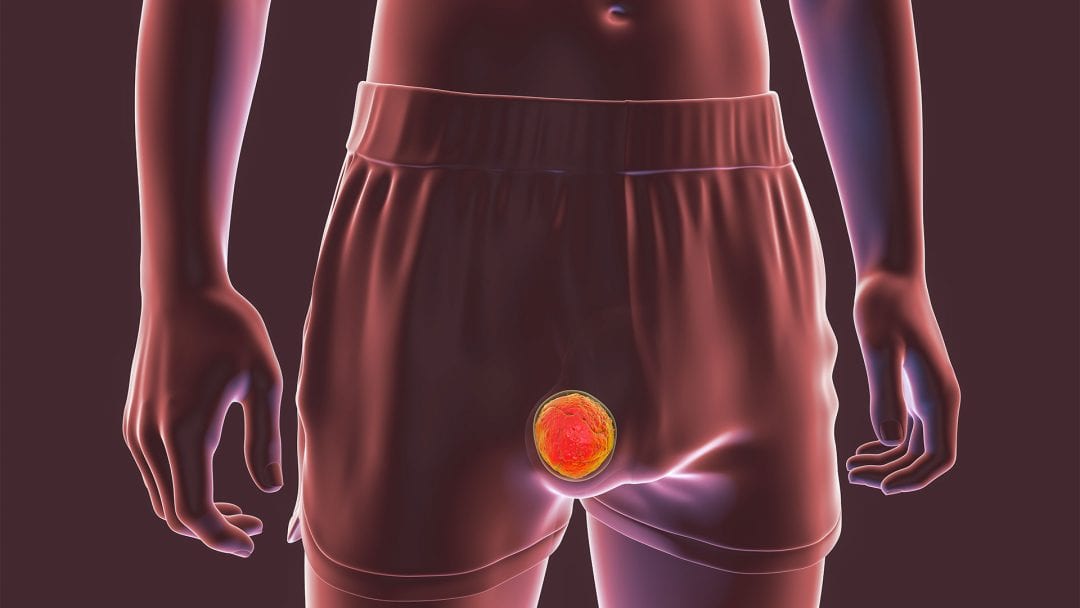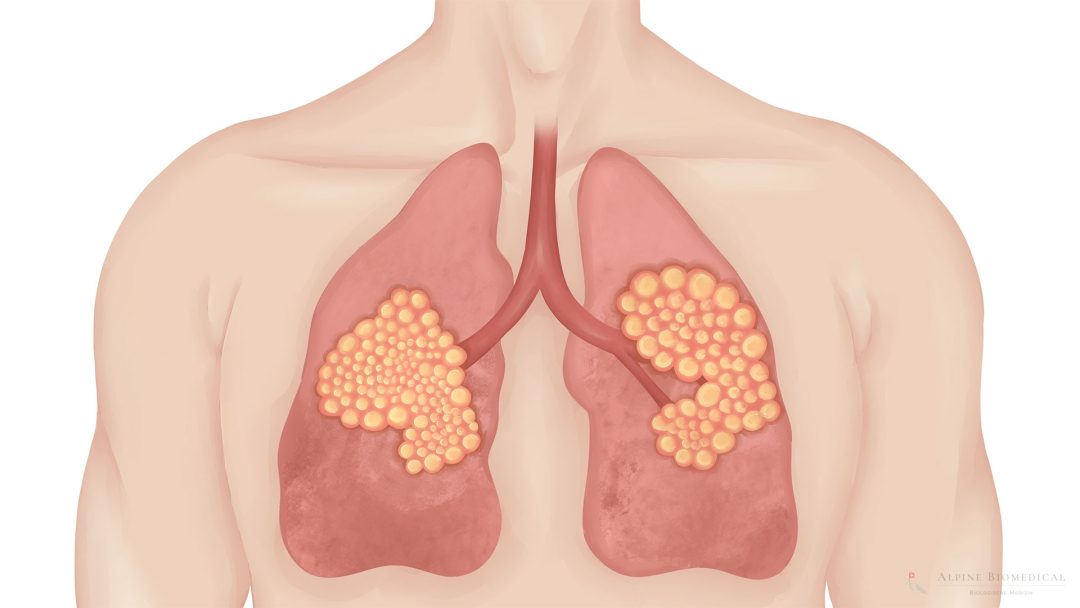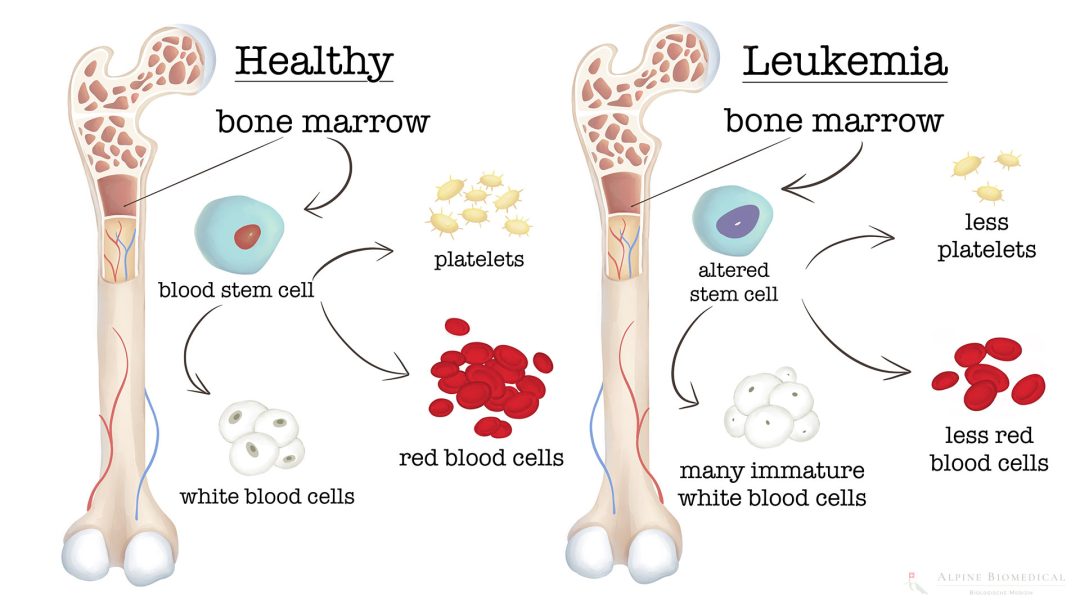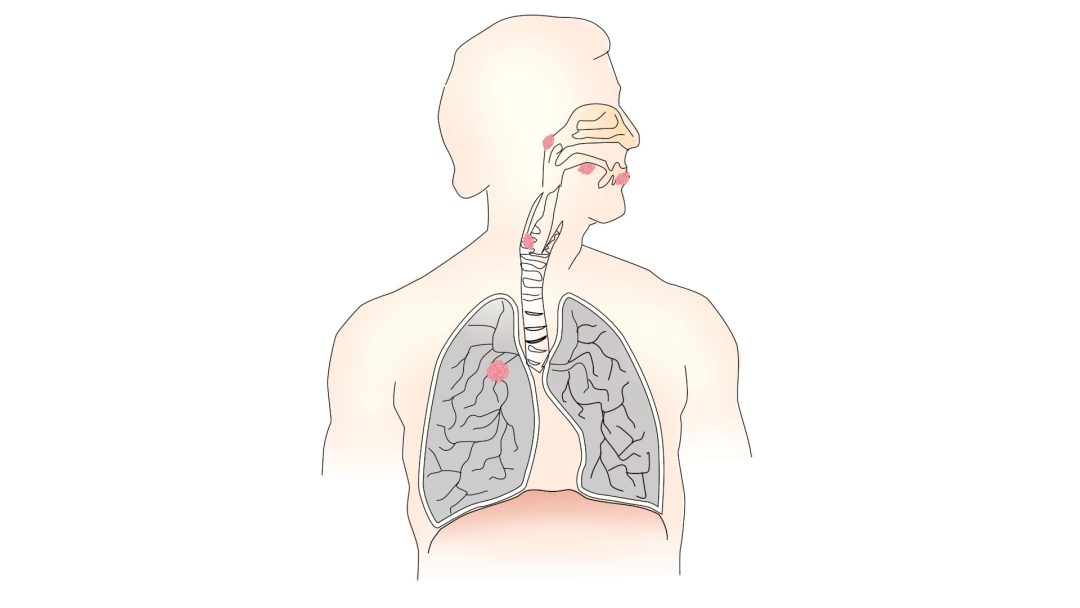Cancer
Cancers are complex health conditions characterized by uncontrolled cell growth of tumour cells. A distinction is made between benign tumors and malignant tumors, which are also referred to as malignancies. Cancer cells can also spread to other organs, which is known as metastasis.
Below you will find an overview of the most common types of cancer:
Bone Cancer
In bone cancer, a rare but very serious paediatric cancer, unusual malignant cells are growing in the bone.
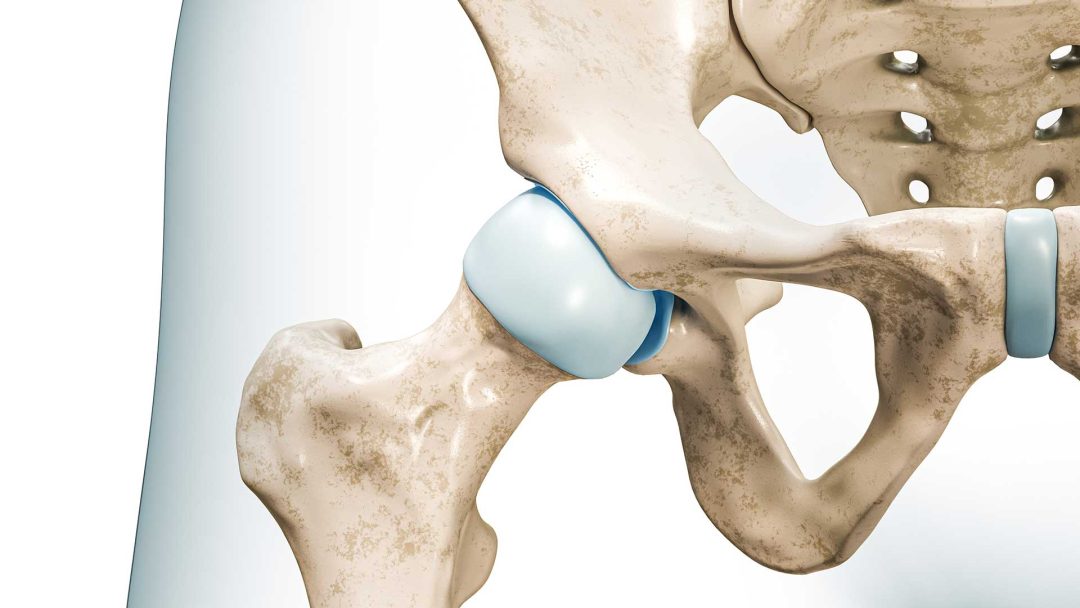
Brain Tumor
A brain tumor is a benign or malignant growth of abnormal cells in the brain.

Stomach Cancer
Stomach cancer is a malignant disease of the stomach and can be triggered by numerous factors.

Bladder Cancer
Bladder cancer is a malignant tumour in the bladder often due to lifestyle factors.

Cervical Cancer
Cervical cancer is a form of cancer that originates in the cervical tissue.

Breast Cancer
Breast cancer can affect both women as men and is a common cancer that starts in the breast tissue.

Ovarian Cancer
Ovarian cancer, also known as ovarian carcinoma, is a malignant tumour of the ovaries.

Thyroid Cancer
Thyroid cancer is a disease in which malignant cells form in the tissues of the thyroid gland.

Lymphoma
Lymphomas are malignant diseases of the lymphatic system, which is an important part of the immune system.

Throat Cancer
Throat cancer is a general term for cancers that develop in the throat or in the voice box.

Salivary Gland Cancer
Salivary gland tumors are a rare form of cancer. Integrative and interdisciplinary therapy has proven its worth.

Colon cancer
Colon cancer is a common type of cancer that primarily affects older people.

Malignant Neoplasm
A malignant neoplasm is a cancerous tumour, which can grow uncontrollably and spread to the surrounding tissue.

Non-Melanoma Skin Cancer
Non-melanoma skin cancer includes basal cell carcinoma and squamous cell carcinoma. They grow slowly and rarely form metastases.

Prostate Cancer
Prostate cancer is more common in older men. It is the most common type of cancer in men.

Liver Cancer
Liver cancer, also known as hepatic cancer, is a malignant disease of the liver cells and occurs more frequently in old age.

Melanoma
Melanoma is a type of skin cancer that often grows aggressively and can form metastases early on.

Kidney Cancer
Kidney cancer tends to occur at an advanced age and should be treated in an interdisciplinary manner with experts from various disciplines.

Carcinoma
Carcinoma is a malignant tumour that originates in the epithelium and affects the skin and mucous membranes.

Testicular Cancer
Testicular cancer is a malignant tumour of the testicles and occurs in men at a relatively young age.

Lung Cancer
Lung cancer is not only caused by smoking. You can find out more about this topic here.

Pancreatic Cancer
Pancreatic Cancer is a rare and aggressive type of cancer that is often diagnosed late.

Leukemia
Leukemia is also referred to as blood cancer. It can affect not only the blood but also the lymphatic system.

Metastases
A metastasis is the spread of cancer, such as a malignant tumor or satellite tumors. Lymph nodes and other organs can also be affected.

Diagnostics and Therapy
The diagnosis consists of a thorough examination by an oncologist, imaging procedures, biopsies of the tissue and blood tests. This provides the doctor with information about the type of tumor present. Early detection plays a decisive role in cancer diagnostics and is important for treatment and the chances of recovery.
Individual treatment plans are drawn up based on the specific type of cancer, stage and individual patient needs. The most typical treatment approaches include surgery, chemotherapy, radiotherapy and newer methods such as immunotherapy.
It is important that patients are actively involved in their treatment decisions and that open communication is maintained.
From a holistic perspective, other supportive measures can be used. It is important that this is done in consultation with the oncologist and should not be seen as the sole therapy.
Infusion therapies, fever therapy and INUSpheresis®, among others, are used. If micronutrient deficiencies are detected, these should be compensated for with suitable measures.
An interdisciplinary, integrative and individually tailored therapy can bring the greatest success for patients with cancer. We will be happy to help you further.
All Blog Categories
See all blog categories below.
- Allergies
- Autoimmune Diseases
- Bone and Joint Diseases
- Cancer
- Cardiovascular Diseases
- Chronic Pain
- Dementia
- Detoxification
- Ear Diseases
- Exhaustion
- Gastrointestinal Disorders
- Immune Disorders
- Infectious Diseases
- Inflammation
- Intolerances
- Medication
- Men's Health
- Menopause
- Metabolic Disorders
- Minerals
- Neurological Diseases
- Nutritional Supplements
- Respiratory Diseases
- Skin Cancer
- Skin Diseases
- Thyroid Diseases
- Trace Elements
- Tumor
- Vitamins
- Women's Health






